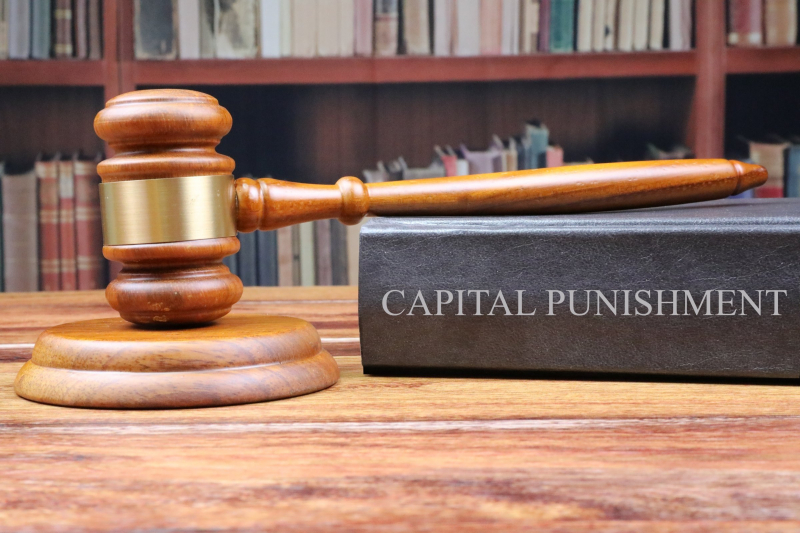The Controversial Issue of Capital Punishment
Essay topic: Capital Punishment: Navigating the Ethical Quandary of State-Endorsed Killing
Answer:
The question of capital punishment, or the death penalty, has been a longstanding ethical dilemma, raising profound questions about justice, human rights, and the role of the state in administering ultimate punishment. While proponents argue for its deterrent effect and retribution, opponents question its morality, effectiveness, and the potential for irreversible miscarriages of justice. This essay explores the contentious landscape of capital punishment, delving into the ethical considerations that surround state-sanctioned killing.
Proponents of capital punishment often cite its deterrent effect on crime rates and emphasize the concept of retribution as a just response to heinous crimes. They argue that the death penalty serves as a powerful deterrent and a means of securing justice for victims and society at large.
Opponents, however, point to the inherent risk of executing innocent individuals. The irreversible nature of capital punishment raises ethical concerns about the potential for wrongful convictions, flawed legal processes, and systemic biases that disproportionately affect marginalized communities.
The moral and ethical dimensions of capital punishment come into sharp focus, with critics arguing that state-sanctioned killing is a violation of the inherent right to life. The ethical implications extend beyond the act of execution to the societal acceptance of violence as a means of addressing crime.
The global perspective on capital punishment varies widely, with some countries staunchly advocating for its use while others reject it as a violation of fundamental human rights. International human rights organizations emphasize the need for universal abolition, framing capital punishment as a cruel and inhumane practice.
Critics also highlight the racial and socioeconomic disparities in the application of the death penalty, suggesting that these disparities reflect systemic injustices within the criminal justice system. The disproportionate impact on minority communities raises questions about fairness, equality, and the potential for discriminatory practices.
Advocates for criminal justice reform argue for alternatives to capital punishment, such as life imprisonment without parole, rehabilitation programs, and restorative justice practices. These alternatives aim to address the root causes of crime, provide opportunities for rehabilitation, and avoid the irreversible consequences associated with the death penalty.
In closing, the debate over capital punishment is a deeply rooted ethical quandary that demands careful consideration of its moral, social, and legal implications. As society grapples with questions of justice, human rights, and the potential for irreversible errors, it becomes imperative to engage in thoughtful dialogue, consider alternative approaches, and continually evaluate the ethical underpinnings of state-sanctioned killing. The pursuit of justice must align with a commitment to fairness human rights, and a recognition of the complex factors that contribute to crime in our diverse and evolving societies.












